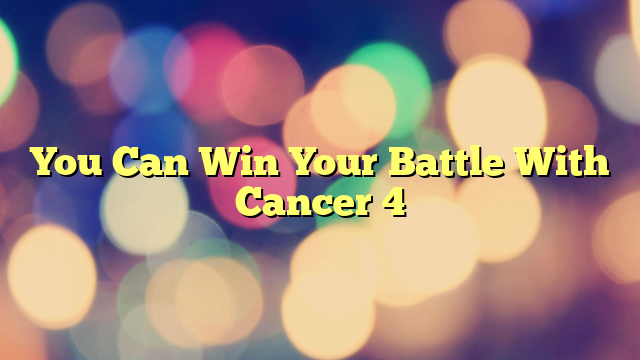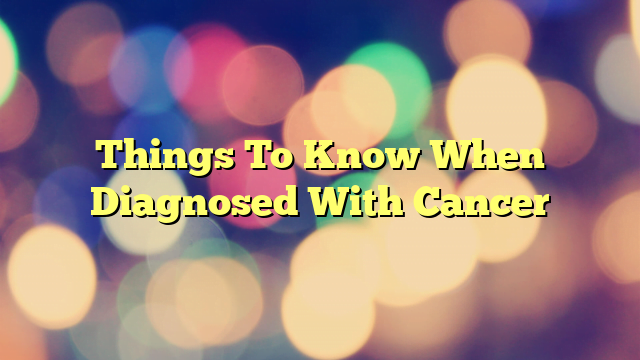How You Can Fight Cancer Now
How You Can Fight Cancer Now
Dietary factors have an impact on the risk of cancer. Areas of the world that have a high consumption of fat in the diet, also have an increased incidence of colon cancer. Women who are obese have an increased risk for endometrial, breast and colon cancer. Certain food additives have also been linked to an increase in cancer. Learn other useful information and tips for dealing with cancer in this article.
One way to reduce your risk of cancer is to get immunized. Hepatitis B and HPV (human papillomavirus) can both lead to cancer. The Hep B vaccine is routinely given to infants, but is also recommended for adults who are considered at risk, such as people with multiple sexual partners or who are regularly exposed to blood.
If your cancer treatments are limiting your mobility, begin sleeping in a bedroom with easy access to a bathroom. You do not want to hurt yourself trying to get to a bathroom that is too far away or too difficult to enter. You may also want to consider making a few modifications to the bathroom, including installing a handrail.
Cancer is a very depressing disease. Knowing this, one of the best things that you can do for a person who is diagnosed with cancer is to add humor to their day. Humor is known to be the best medicine. Also make sure to be sensitive to their feelings when making jokes.
After cancer treatment, try to achieve and maintain your ideal weight. Many patients gain or lose weight during treatment, so take this process slowly and work with your doctor to reach your goal weight. Regardless of whether you have to gain or lose, be kind to your body throughout the process.
You will need to drink plenty of water to help flush the toxins out of your body after receiving your treatment. The treatment you are receiving is very strong and after it has done its job, it needs to be removed as quickly as possible from your body. You should strive to drink eight 8 oz glasses of water a day.
Know your individual risks for cancer, including your age, gender, race, and family history. These things could give you more information than you think, especially when you begin showing symptoms that otherwise could be misdiagnosed. If you are aware of an increased risk of cancer, you can target your issues appropriately with a health care professional.
Anticipate any physical change that your body may go through. You can do this by gaining knowledge about the type of cancer you have. Doing this will allow you to prepare ahead of time for anything that may come up, and will help you cope better when those changes start to occur.
As stated in the beginning of this article, what you eat has a lot to do with your risk for cancer. Although no direct correlation has been found yet, consumers of high amounts of nitrates have an increased risk for gastric cancer. Saccharin consumption is considered to be a factor in the development of bladder cancer. Dietary factors work over many years to increase certain types of cancer so it can be difficult to identify specific dietary carcinogens.


